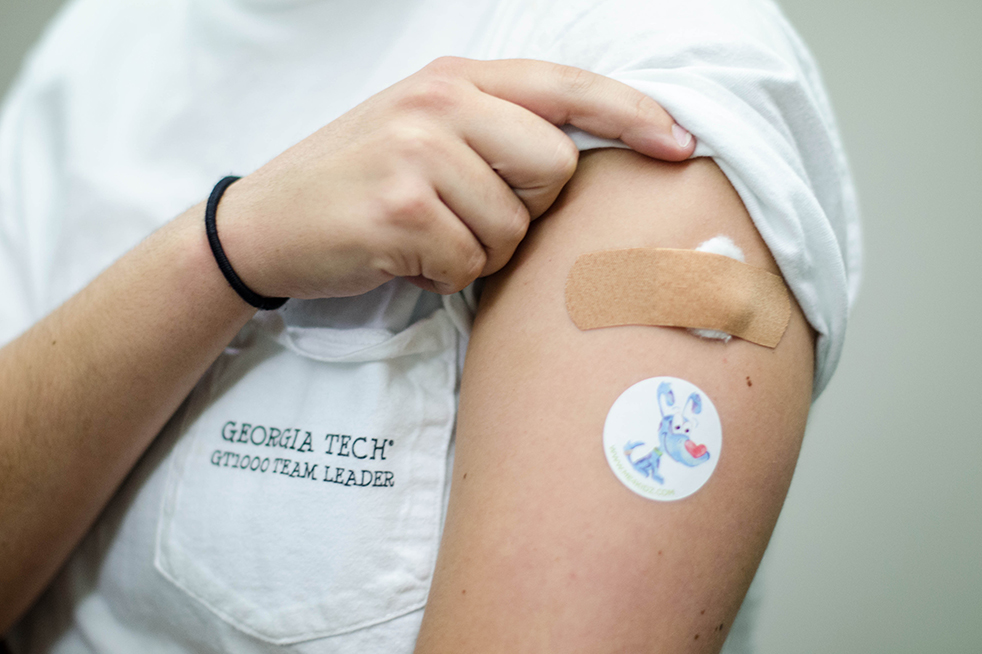Roughly one year ago, a student at Tech suffered a case of meningitis.
All of the occupants of the residence of the afflicted individual were notified of the situation immediately. Stamps Health Center was able to stay open into the night in order to provide treatment for those residents who were at risk for infection.
If, however, an outbreak on a significantly larger scale were to take place, Tech is in a position to take action. However, the comprehensiveness of the response depends on the type of disease and other specifics.
Dr. Gregory Moore is the Senior Director at Stamps Health Services as well as a Clinical Professor in the School of Applied Physiology. Moore provided insight on how students would be alerted to a potential disease outbreak.
“The fastest notification would be on the Stamps website and through social media,” said Moore. “We have both Facebook and Twitter accounts. Students who follow us will hear about disease threats first.”
Moore went on to explain how Institute Communications would also be able to contribute resources to the effort. These might include screen ads, posters or Daily Digest notices. During the Mycoplasma outbreak at Tech, which occurred approximately two years ago, individual emails were sent to all students in order to ensure the information was as widely circulated as was possible.
Other resources and medical procedures were also mentioned by Moore in regards to Tech’s planned response to specific disease outbreaks. Ebola is just one example.
“As far as Ebola goes, we don’t have the ability to treat those patients, but we have full personal protective equipment so that Stamps staff can briefly care for a patient as they are being prepared for transfer to Emory,” Moore said.
Stamps also has in its possession what Moore described as “full personal protective equipment,” which would allow the staff to avoid a lapse in care to a specific patient during the time that he or she is awaiting transportation to Emory.
“We also have a negative pressure room at Stamps to isolate a student with a suspected airborne infectious disease while making a diagnosis and preparing for transfer,” said Moore regarding potential containment methods for individual infections.
Tech’s immunization requirements for students, faculty and staff were instituted with the goal of avoiding large scale disease transmission. But if an outbreak on a greater scale were to occur, it would likely be handled by authorities at either the local or state level, either of which could possibly include involvement by public health officials at the nearby Center for Disease Control (CDC).
If a quarantine or modifications to Tech’s academic calendar were deemed necessary due to the scope of the outbreak, an overall decision would be reached by Tech administration in conjunction with public health officials.
“As always, we advocate good hygiene, hand washing, sneezing into the inner elbow and staying away from others when sick as the first, and most important, measure to prevent disease transmission,” Moore said.
These measures, in addition to vaccination, have proven to be sufficient to prevent large scale outbreak at Tech in the past, but only time will tell whether they will continue their track record of successful prevention.
